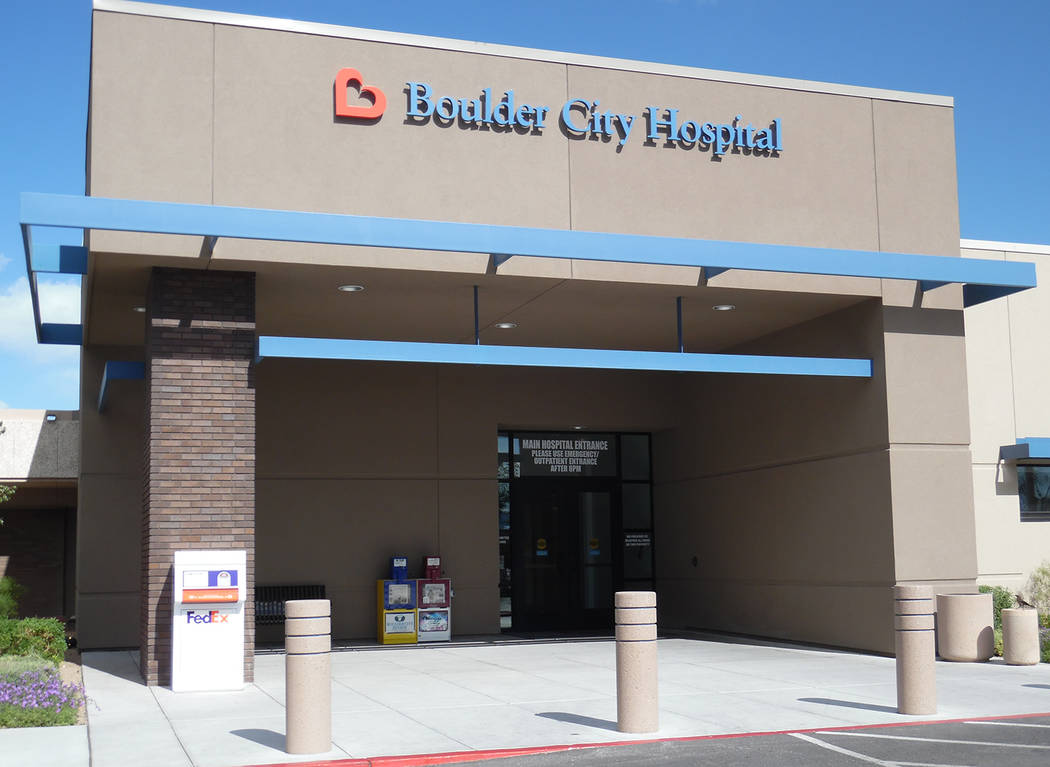Clean hands save lives
Keeping hands clean is one of the most important steps we can take to avoid getting sick and spreading germs to others. Hand-washing with soap removes germs from hands.
There are many reasons this helps prevent infections. People frequently touch their eyes, nose and mouth without even realizing it. Germs can get into the body through the eyes, nose and mouth and make us sick.
Germs from unwashed hands can get into foods and drinks while people prepare or consume them and can multiply in some foods or drinks under certain conditions and make people sick.
Germs from unwashed hands can be transferred to other objects, like handrails, table tops or toys, and then get transferred to another person’s hands.
Removing germs through hand-washing therefore helps prevent diarrhea and respiratory infections and may even help prevent skin and eye infections.
You should wash your hands before, during and after preparing food; before eating food; before and after caring for someone who is sick; before and after treating a cut or wound; after using the toilet; after changing diapers or cleaning up a child who has used the toilet; after blowing your nose, coughing or sneezing; after touching an animal, animal feed or animal waste; after handling pet food or treats, and after touching garbage.
To properly wash your hands, wet them with clean, running water (warm or cold), turn off the tap and apply soap. Hands could become recontaminated if placed in a basin of standing water that has been contaminated through previous use. However, washing with nonpotable water when necessary may still improve health.
The temperature of the water does not appear to affect microbe removal; however, warmer water may cause more skin irritation and is environmentally costlier. Turning off the faucet after wetting hands saves water, and there is little data showing whether significant numbers of germs are transferred between hands and the faucet.
Using soap to wash hands is more effective than using water alone because the surfactants in soap lift soil and microbes from skin, and people tend to scrub hands more thoroughly when using soap, which further removes germs.
To date, studies have shown that there is no added health benefit for consumers (this does not include professionals in the health care setting) using soaps containing antibacterial ingredients compared with using plain soap.
Lather your hands by rubbing them together with the soap. Be sure to lather the backs of your hands, between your fingers and under your nails. Lathering and scrubbing hands creates friction, which helps lift dirt, grease and microbes from skin. Microbes are present on all surfaces of the hand, often in particularly high concentration under the nails, so the entire hand should be scrubbed.
Scrub your hands for at least 20 seconds. Need a timer? Hum the “Happy Birthday” song from beginning to end twice.
Rinse your hands well under clean, running water. Why? Soap and friction help lift dirt, grease and microbes — including disease-causing germs — from skin so they can then be rinsed off of hands. Rinsing the soap away also minimizes skin irritation. Because hands could become recontaminated if rinsed in a basin of standing water that has been contaminated through previous use, clean running water should be used.
Dry your hands using a clean towel or air dry them. Why? Germs can be transferred more easily to and from wet hands; therefore, hands should be dried after washing.
If you don’t have soap and clean, running water, use an alcohol-based hand sanitizer that contains at least 60 percent alcohol. Alcohol-based hand sanitizers can quickly reduce the number of germs on hands in some situations, but sanitizers do not eliminate all types of germs and might not remove harmful chemicals.
Hand sanitizers are not as effective when hands are visibly dirty or greasy. To use a hand sanitizer, apply the product to the palm of one hand (read the label to learn the correct amount), rub your hands together and continue rubbing over all surfaces of your hands and fingers until your hands are dry.
Caution: Swallowing alcohol-based hand sanitizers can cause alcohol poisoning. Keep them out of reach of young children.
To Your Health is provided by the staff of Boulder City Hospital. For more information, call 702-293-4111, ext. 576, or visit bouldercityhospital.org.
















